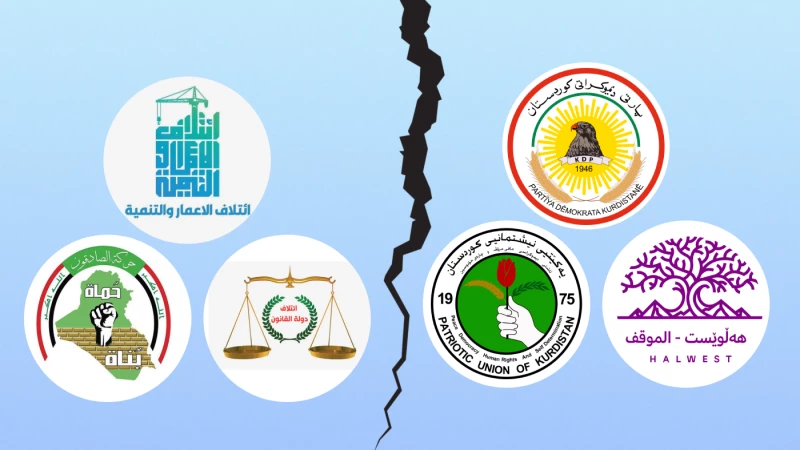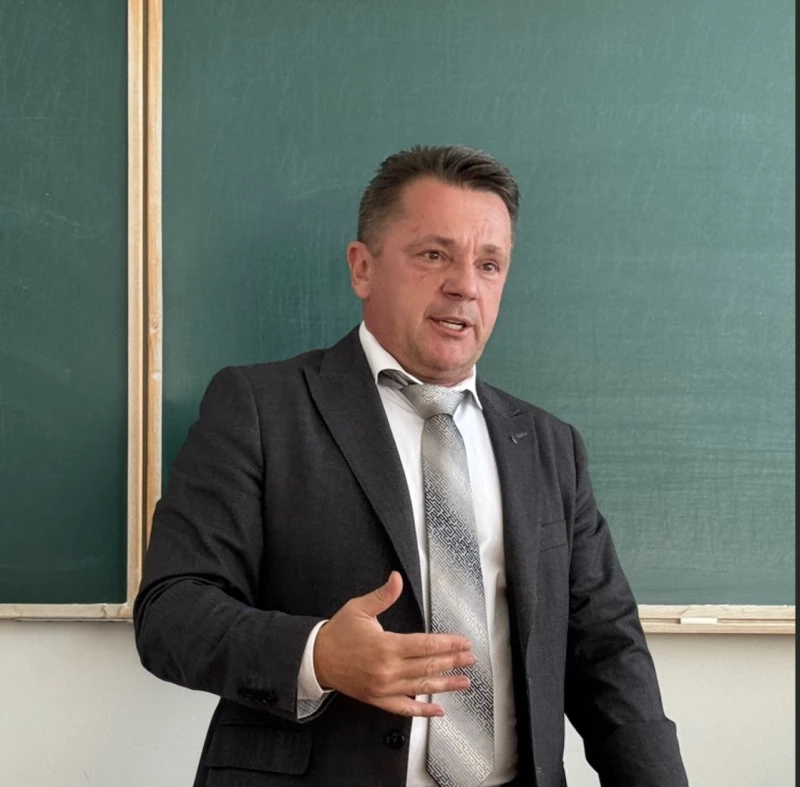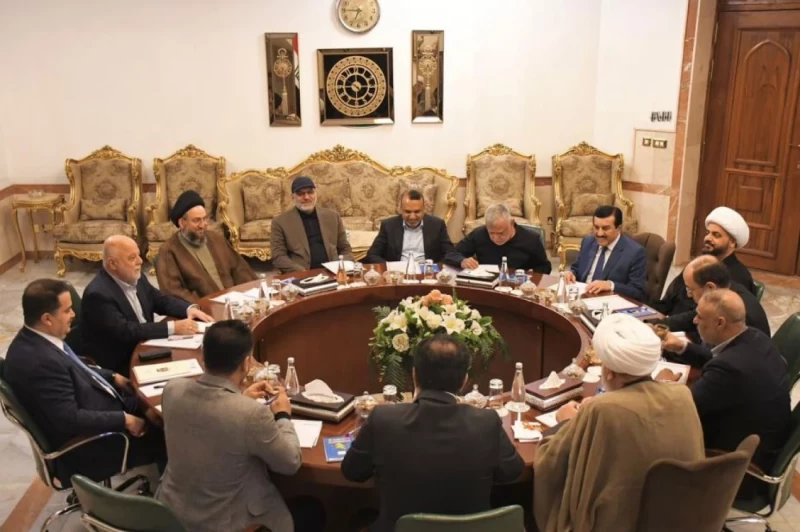Muqtada al-Sadr’s withdrawal from parliament in mid-2022 left many assuming that he would soon be disrupting Iraq’s political process. They were proven wrong.
When provincial council elections were held on December 18, the general expectation then became that a boycott by Sadr and his followers would disrupt the process. Elections were held – albeit with a low turnout – and once again those expecting disruptions were left scratching their heads, wondering what exactly Sadr might be up to.
Notably, Sadr had called on his followers not to sabotage the elections but simply to boycott them.
In a statement posted on the X social media platform at the time, he wrote: “We are people who are purified of their corruption and their elections' farce. Purify yourself: do not attack their corrupt ballots and preserve the dignity of Iraq.”
Therefore, the question on the Iraqi street is now what Sadr is betting on and how exactly he intends to reenter the political process.
What is widely expected is that Sadr and his movement will not return to the political process until the current political system based on sectarian and party muhasasa - Iraq’s unofficial social contract since 2004 centering on a distribution of positions and power on an ethno-confessional basis - is changed.
This was a promise Sadr made following his controversial order in June 2022 for all his lawmakers to withdraw from parliament, effectively tossing away some 73 seats.
Sadr left ‘the mess’ but still holds the streets
Mujashaa al-Tamimi, researcher and analyst focusing on Iraqi affairs, told The New Region that “Muqtada al-Sadr withdrew from parliament and gave up 73 seats held by Sadrist MPs after a national majority project he called for before the parliamentary elections in 2021 was obstructed.”
Sadr vowed that he and his followers would not return to the “mess” of sectarian quotas, Tamimi added.
“He announced after his great victory in 2021,” the researcher added, that “today we have proven there is no place for quotas” in Iraq.
Sadr had gone on to call his victory a result of “the most beautiful Iraqi mosaic, neither eastern nor western”, in reference to “the independence of Iraqis’ decisions from the US and the Iranian axes”, Tamimi said.
“Therefore, Sadr will not be returning to the muhasasa system, which he declared war on,” the analyst stressed.
However, by boycotting the elections and leaving the political process, Sadr has presented himself as the undisputed leader of the Iraqi street. This part of the population also rejects the current political and administrative system, accused as it is of widespread corruption.
Public opposition in Iraq is not against a ministerial cabinet, government, political figure, program, or even a specific political situation, experts note.
Instead, it rejects the entire political and administrative structure in place since the fall of the Saddam Hussein regime in 2003.
Sadr ‘gained from the boycott’, weighing next moves?
Sadr’s bid is to be an alternative to the widely rejected system in place.
This was the opinion of many observers of Iraqi affairs both before and after the December 18 provincial council elections, which were boycotted by Sadr and a large portion of the Shia street.
Despite not participating, Sadr was one of the main victors of the election, since participation barely reached 40 percent across Iraq as a whole and 20 percent in central and southern provinces, which are Shia majority.
This indicates that his popularity has effectively doubled, leading observers to opine Sadr could be the top winner in the country’s next parliamentary elections so long as he manages this transitional period well.
According to information obtained from within the Sadrist faction, discussions are underway in the Hanana area of Iraq’s southern holy city of Najaf, Sadr’s place of residence, about whether the movement will participate in the 2025 parliamentary election in 2025 or boycott it.
Most analysts believe he will opt to take part.
By boycotting the provincial council elections, Sadr has gained the support and sympathy of the Iraqi street – which already rejects the political system in place and the ruling classes, accusing them of corruption and wasting public money. He too has made these claims more than once in public appearances.
Sadr is widely expected to take part in any upcoming elections on a broader and more popular base than simply his current Sadrist movement, which has distanced itself from any public responsibility at this stage.
“I believe that Sadr’s fans from both inside and outside the Sadrist movement are convinced that the provincial councils yet to be established will fail, as they will proceed according to sectarian” reasoning and lines of policy, Tamimi said, adding the popular Shia cleric had been “convinced of the system’s failure since 2005.”
“The Coordination Framework (CF), his opponents, now control the executive and legislative authority of the provincial councils, leaving them with no excuse for failure since they previously blamed the failure of central and southern Iraqi provinces on Sadr when he was part of the country’s political leadership. Today, instead, the Sadrist movement is only monitoring the results” of the CF’s “sectarian muhasasa”, he added.
It is unclear what Sadr has in store next, concealed beneath the cloak of religious and popular leadership bestowed upon him.
His popularity, in any case, has risen since he left the political process from which he claims to be “purifying” himself.
“I think that Sadr has a plan for the next stage - that is, during the next two years before the 2025 parliamentary elections are held,” Tamimi said. “The Sadrist movement is perhaps the only principled Shia party and thus cannot disregard the promises made regarding political reform.”
Will Sadr be Iraq’s only hope for the foreseeable future, or are the winds blowing in opposite direction?
Only time will tell.
However, Sadr’s recent tweet noting he fears “division and dispersion for you if I die or am killed” would seem to clearly indicate that he has not yet given up on the political fight.

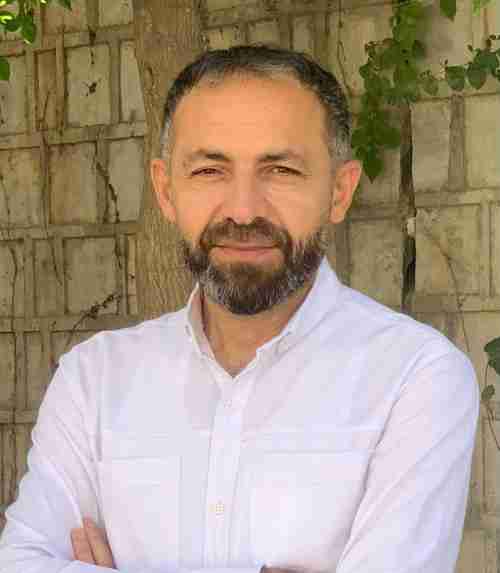
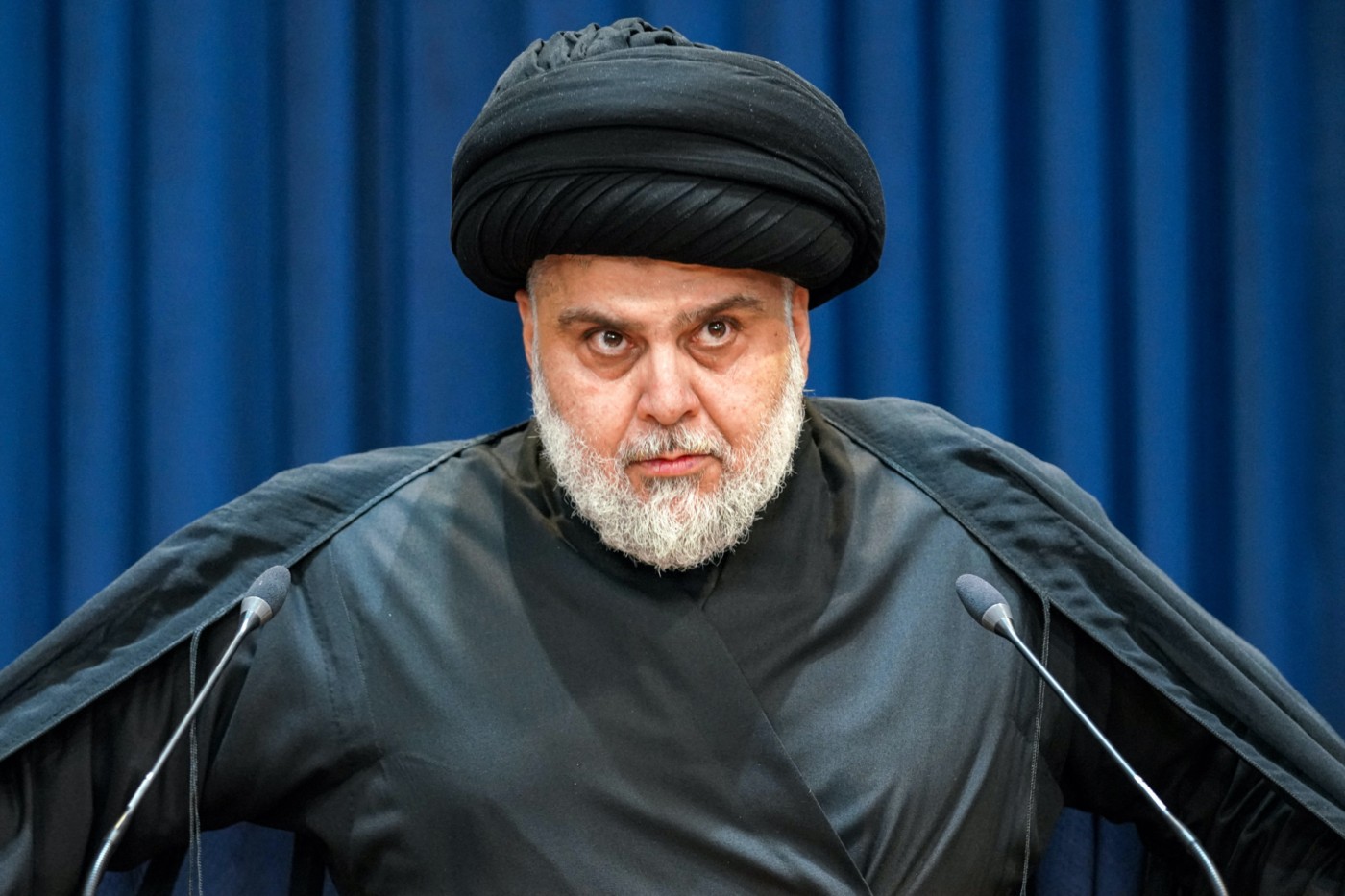
 Facebook
Facebook
 LinkedIn
LinkedIn
 Telegram
Telegram
 X
X
